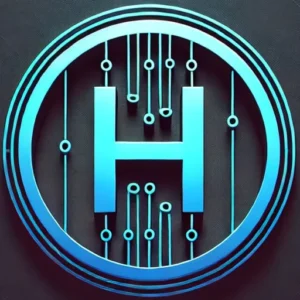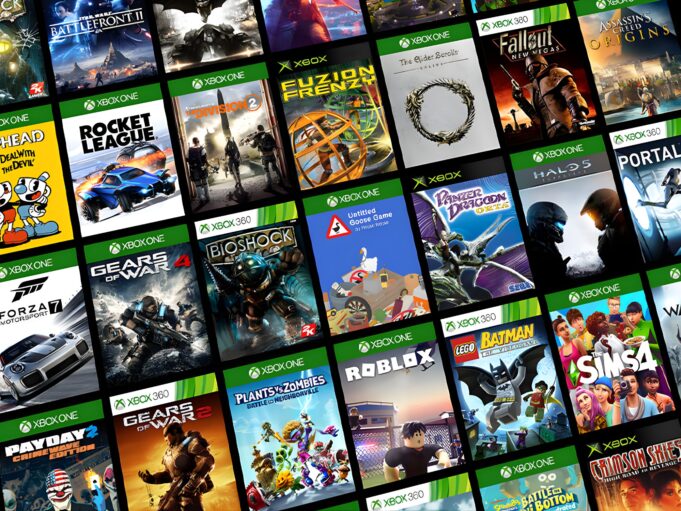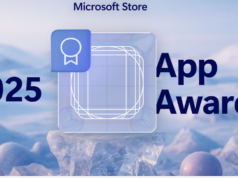The resurfacing of these titles, some bearing the tantalizing “coming soon” label, has sent ripples of excitement through the gaming community. This development follows Microsoft’s earlier decision to deactivate the Xbox 360 marketplace in July 2024, a move that initially seemed to signal the end of an era.
The timing of this re-emergence is particularly intriguing. JBishie, a keen-eyed observer on social media, first spotted the reappearance of these titles. Could this be a simple technical hiccup? Perhaps. But the timing aligns neatly with ongoing rumors and Microsoft’s own stated intentions.
Microsoft has previously emphasized its commitment to game preservation, even forming a dedicated team for the task. This commitment, coupled with a pledge to support older titles on future Xbox systems, suggests a more deliberate strategy at play.
The Emulator Angle
How will these games actually run on modern hardware? The prevailing theory points to emulation. An official Xbox 360 emulator for Windows has been rumored for some time, potentially aimed at broadening the appeal of devices like the ROG Xbox Ally handhelds.
Jez Corden of Windows Central has suggested such an emulator is indeed in development. This approach would not only bring classic games to PC but could also pave the way for backward compatibility on the next-generation Xbox console, expected sometime around 2027.
Bringing Xbox 360 games to modern platforms isn’t without its hurdles. One major challenge lies in licensing agreements. Securing the rights to redistribute these older titles can be a complex and costly endeavor.
Furthermore, many Xbox 360 games lack native PC versions, meaning Microsoft would need to find a way to adapt them for the Windows ecosystem. This could involve significant development work or reliance on the aforementioned emulator technology.
The reappearance of these delisted games, whether a mistake or a calculated move, has reignited the debate about the future of Xbox and its commitment to preserving its gaming legacy. As gamers in the UK and elsewhere spot these forgotten favorites returning to online marketplaces, the anticipation for more news about backward compatibility continues to build.
Ultimately, this could signal a broader shift in how Microsoft approaches its gaming ecosystem, potentially blurring the lines between console and PC gaming while simultaneously honoring the rich history of the Xbox brand. The next few months could reveal whether this is a fleeting mirage or the dawn of a new era for classic Xbox titles.



